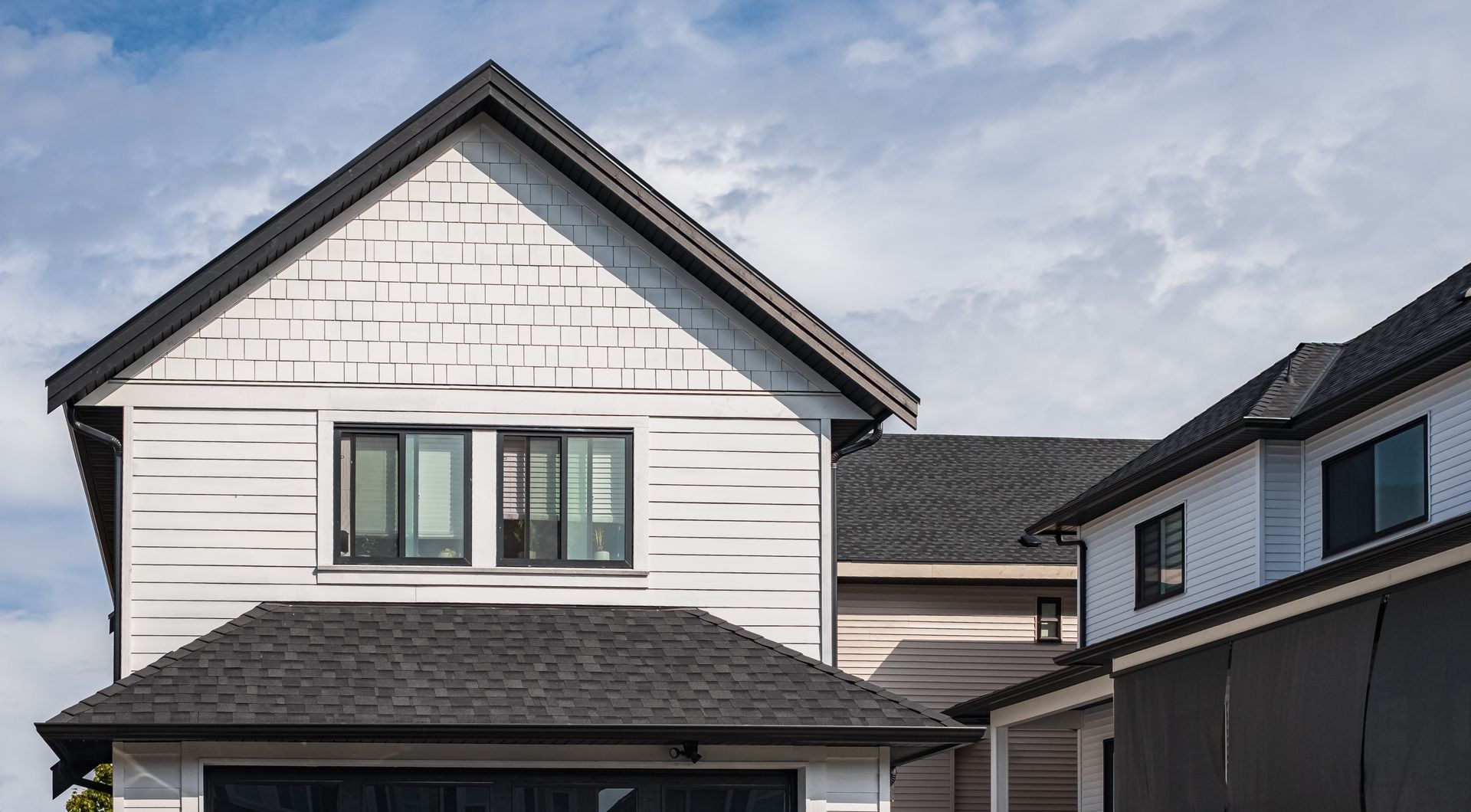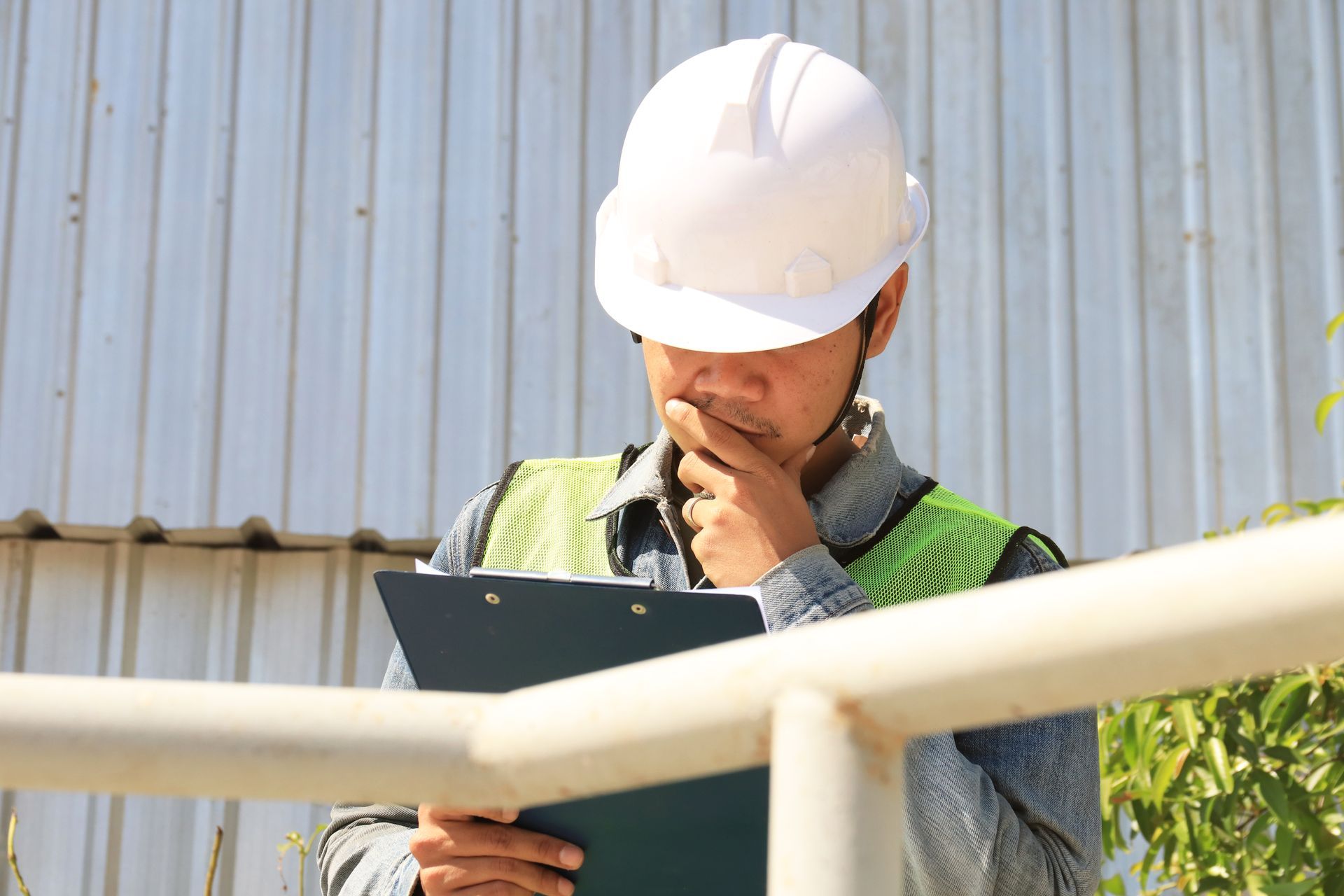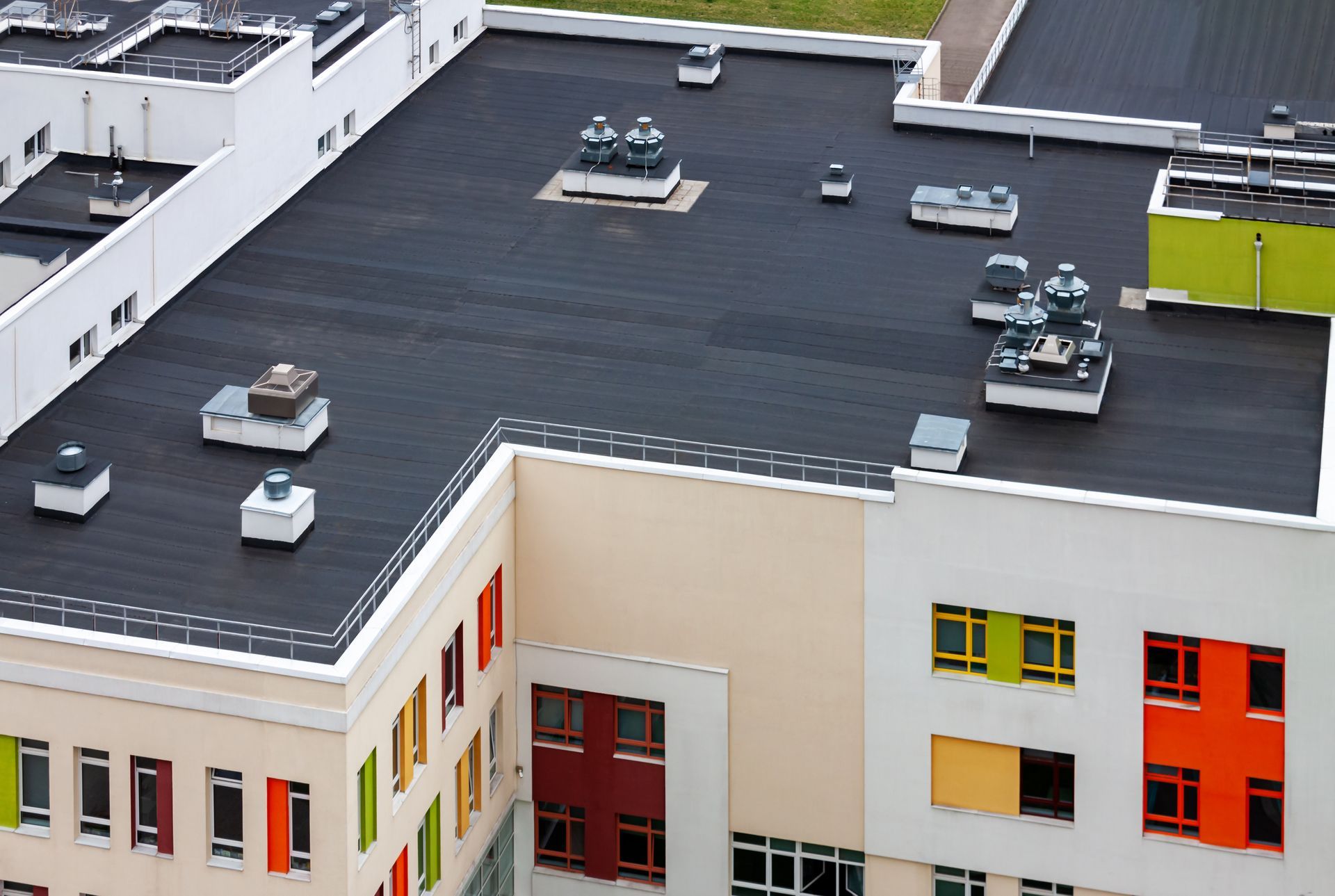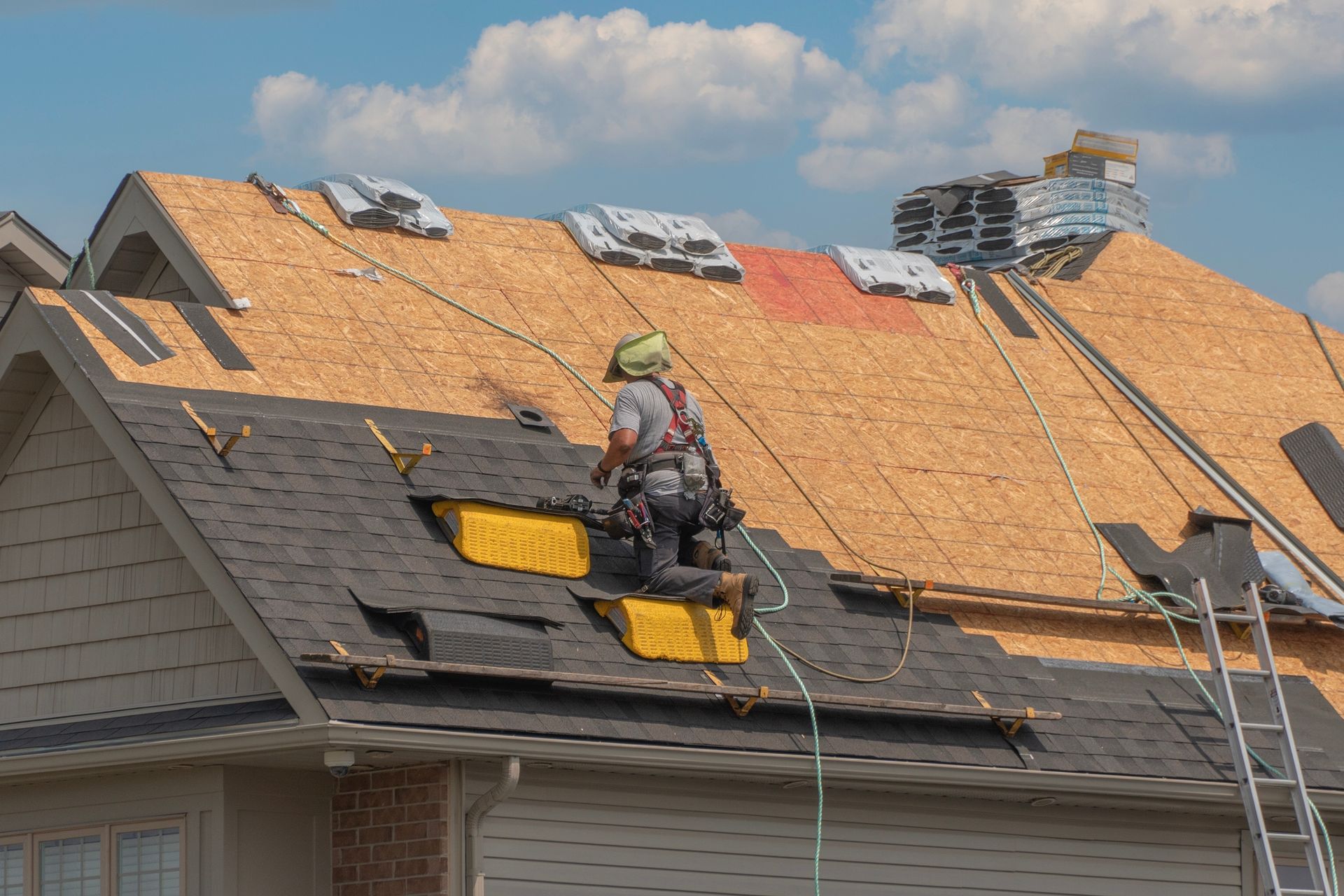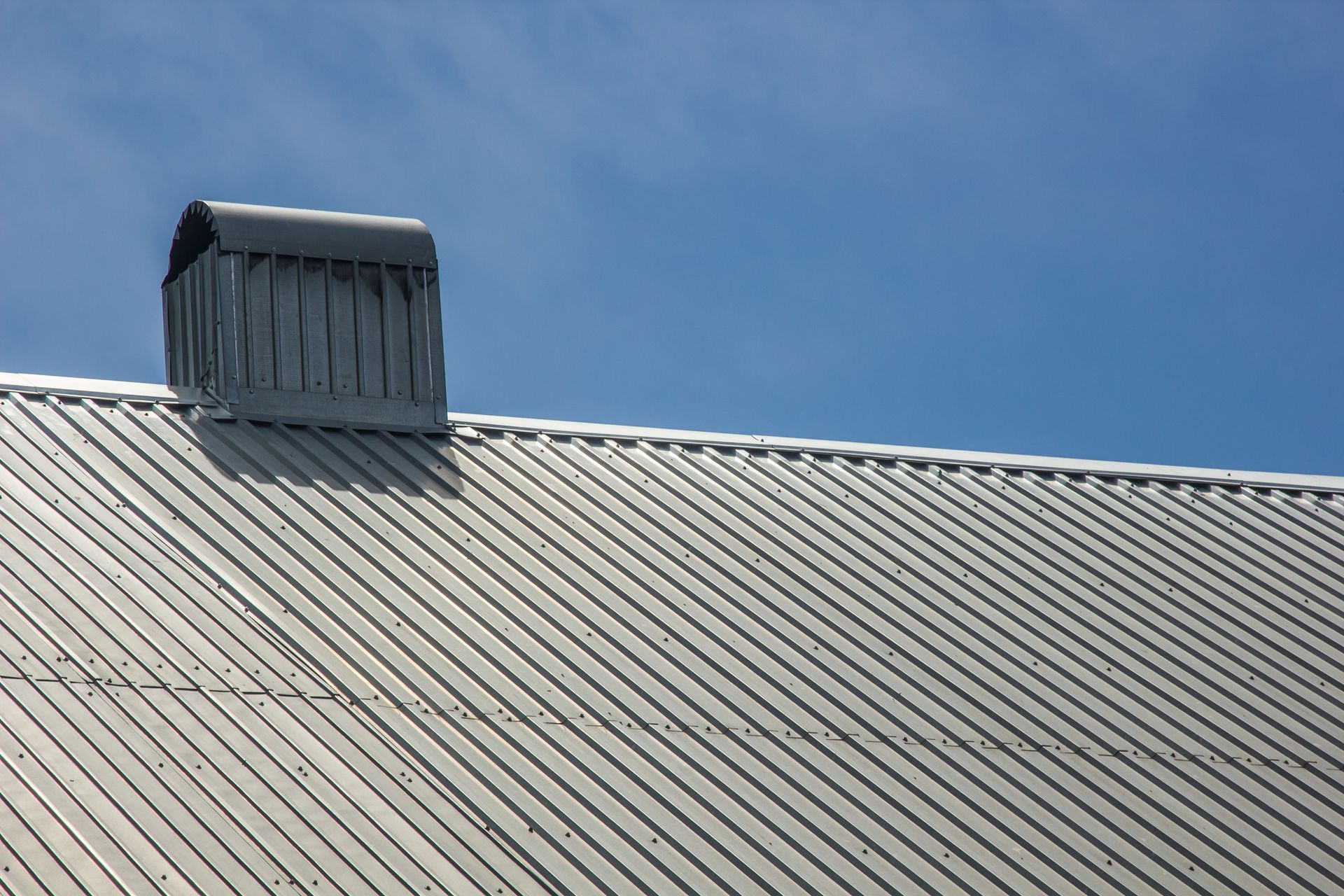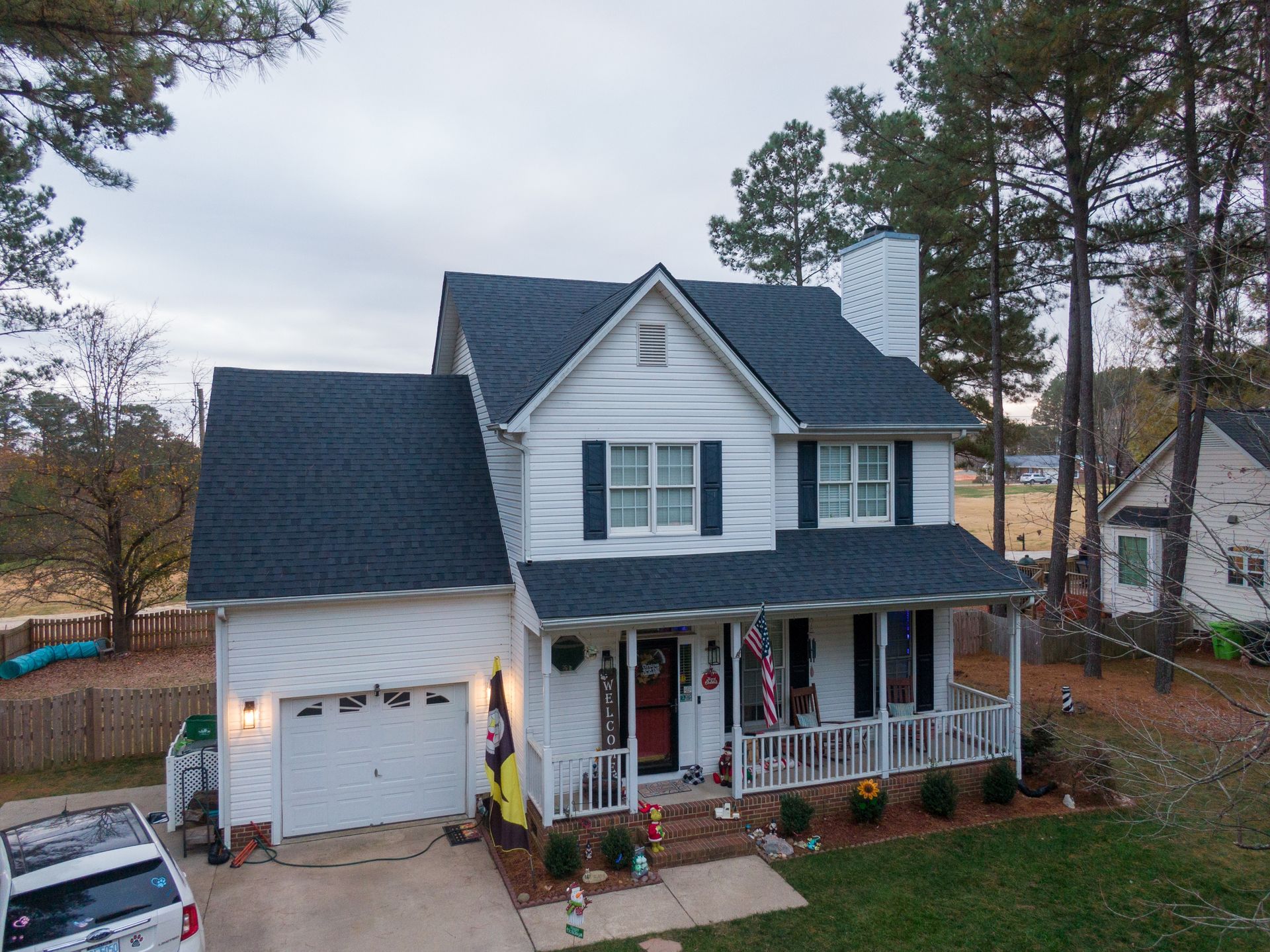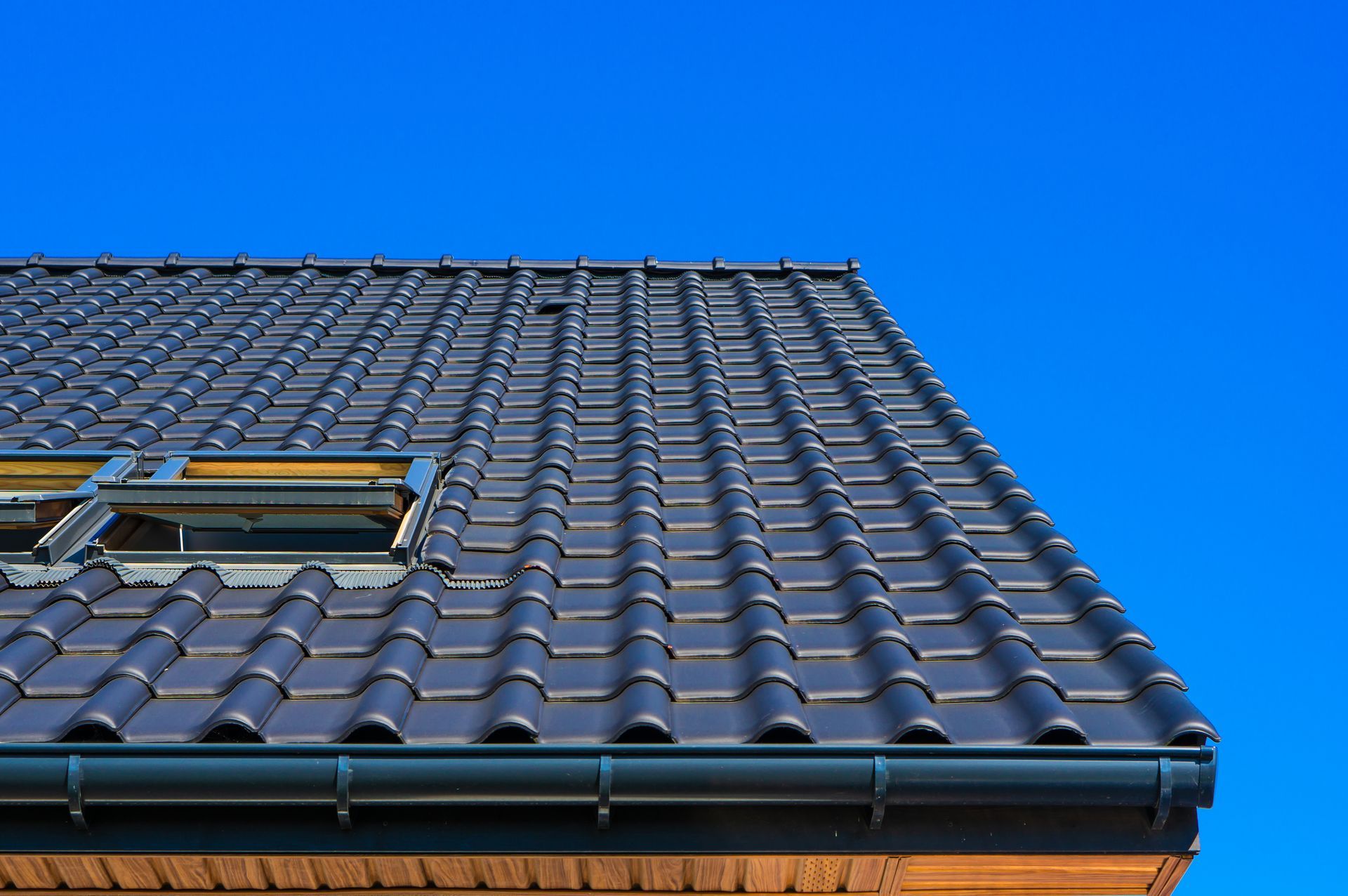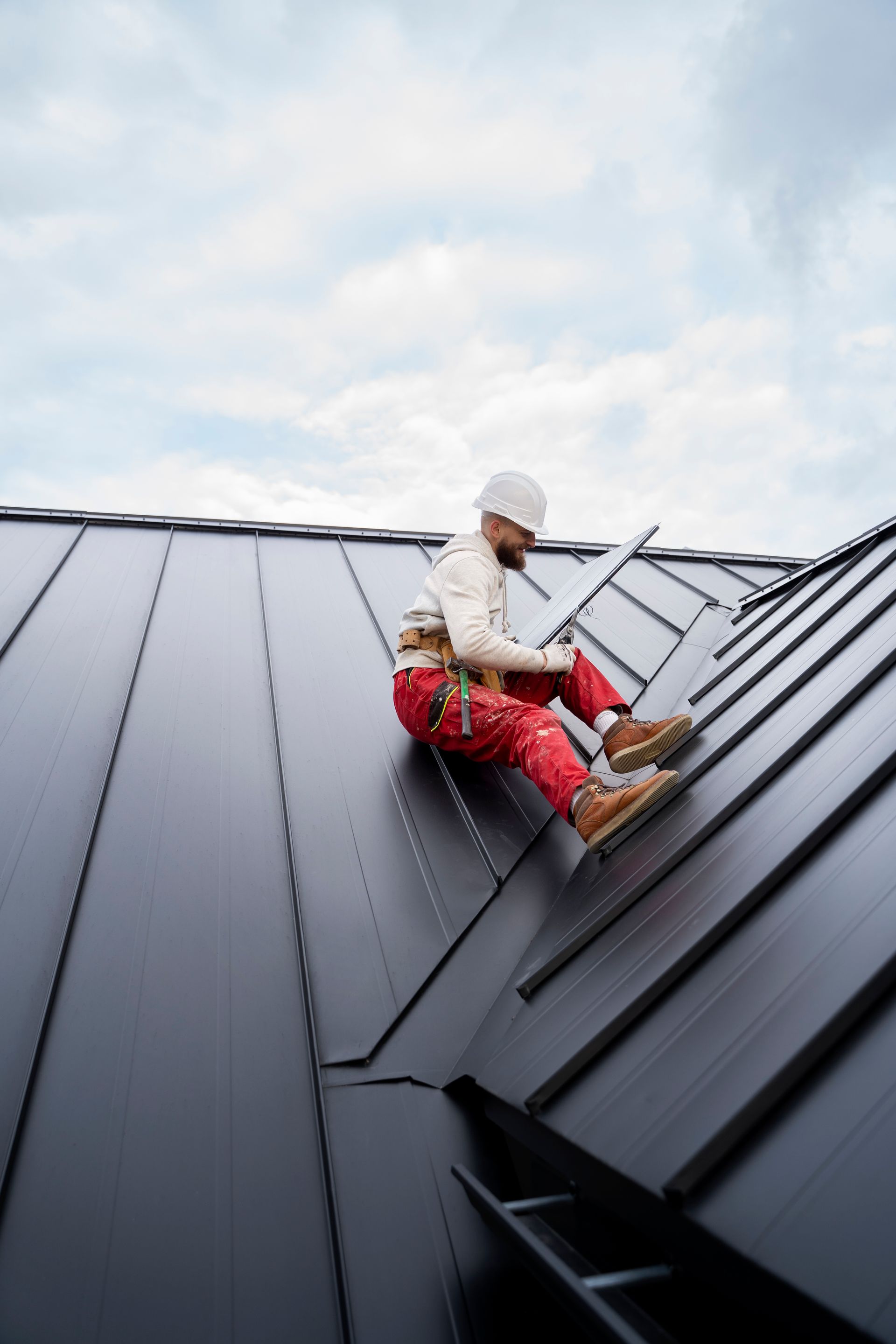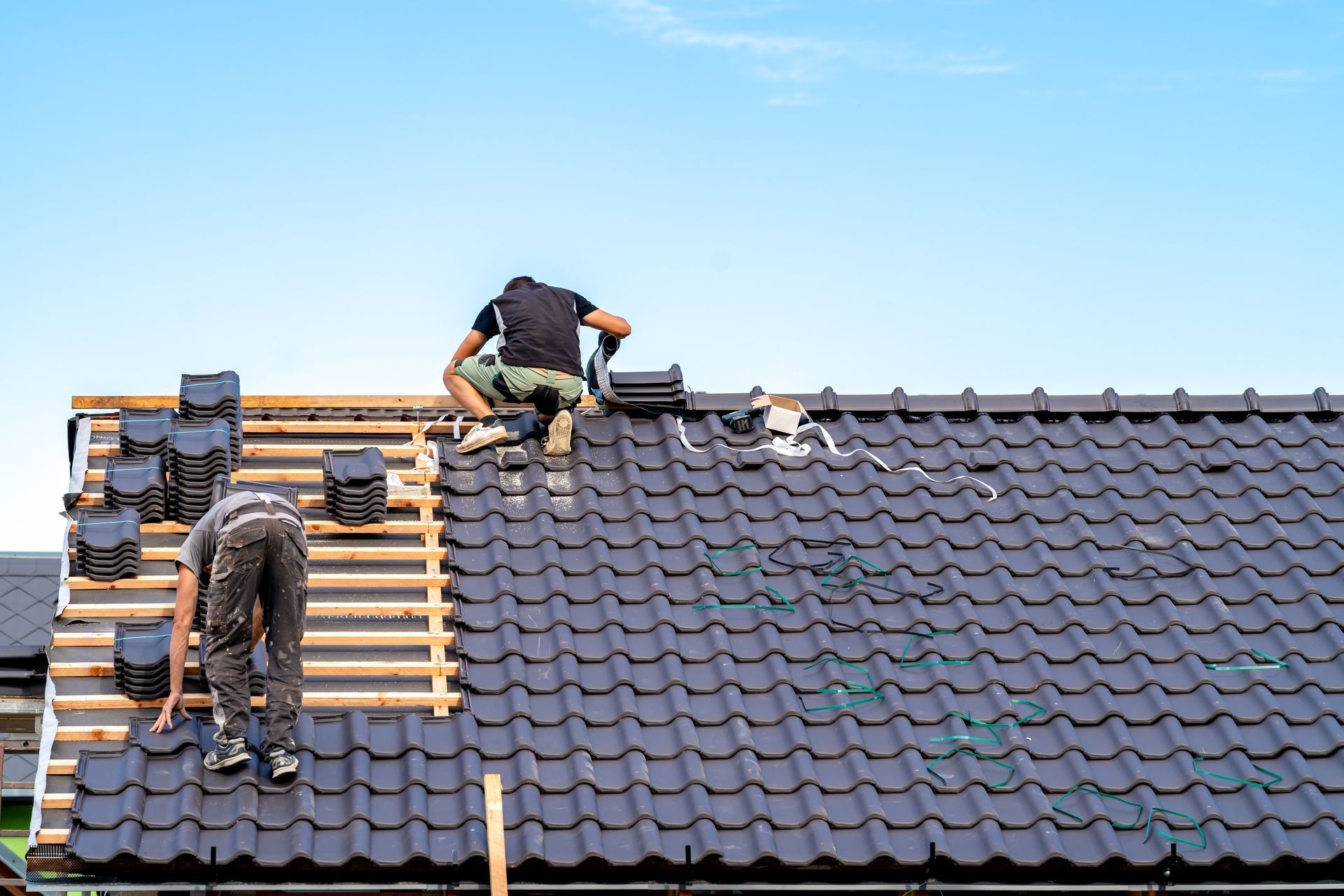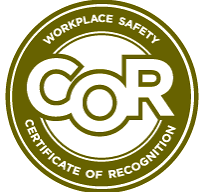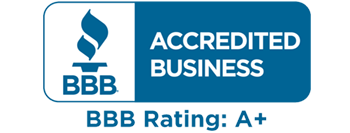Types of Commercial Roofs & Best Materials for Commercial Roofing
Introduction
In the realm of commercial buildings, choosing the right roofing system is crucial. Not only does it impact the aesthetics of the structure, but it also affects its functionality, energy efficiency, and overall longevity. Understanding the different types of commercial roofs and the best materials available is essential for any property owner or manager. This comprehensive guide will delve into various commercial roof types and the optimal materials to ensure a durable and cost-effective roofing solution.
Types of Commercial Roofs
1. Flat Roof Systems
Flat roofs are commonly found on commercial buildings due to their cost-effectiveness and ease of installation. They provide ample space for HVAC units and other equipment, making them a popular choice for modern structures.
2. Pitched Roof Systems
While less common in commercial settings, pitched roofs offer superior water drainage and enhanced aesthetic appeal. They are often chosen for historical or architecturally significant buildings.
3. Metal Roofing
Metal roofs are renowned for their durability and longevity. They come in various styles, including standing seam and corrugated metal, offering both aesthetic versatility and exceptional weather resistance.
4. TPO Roofing
Thermoplastic Polyolefin (TPO) roofing membranes are highly reflective and energy-efficient, making them ideal for reducing cooling costs in warmer climates. They are lightweight yet durable, with a lifespan of up to 30 years.
5. EPDM Roofing
Ethylene Propylene Diene Terpolymer (EPDM) roofs are known for their superior weather resistance and flexibility. They are particularly suitable for low-slope roofs and can withstand extreme temperatures and UV exposure.
6. Green Roofs
Green roofs, or vegetative roofs, offer numerous environmental benefits, including improved air quality, reduced urban heat island effect, and stormwater management. While they require additional structural support and maintenance, their sustainability makes them an attractive option for eco-conscious businesses.
Best Materials for Commercial Roofing
1. Asphalt Shingles
Asphalt shingles are a cost-effective roofing material that provides adequate protection against the elements. While primarily used in residential construction, architectural shingles offer enhanced durability and aesthetic appeal, making them suitable for certain commercial applications.
2. PVC Membrane
Polyvinyl Chloride (PVC) roofing membranes are highly resistant to chemicals, punctures, and weathering, making them ideal for commercial buildings with heavy foot traffic or exposure to harsh environmental conditions.
3. Modified Bitumen
Modified bitumen roofs consist of asphalt-based sheets reinforced with polyester or fiberglass. They offer excellent waterproofing properties and flexibility, making them well-suited for low-slope or flat roofs.
4. Built-Up Roofing (BUR)
Built-Up Roofing systems consist of multiple layers of bitumen and reinforcing fabrics, such as fiberglass or polyester. While labor-intensive to install, BUR roofs provide exceptional durability and longevity, making them a popular choice for commercial buildings.
5. Metal Roofing Panels
Metal roofing panels, such as aluminum, steel, or copper, offer unparalleled durability and longevity. They are resistant to fire, pests, and extreme weather conditions, making them an excellent investment for commercial properties.
Conclusion
Choosing the right commercial roofing system and materials is essential for the long-term success of any building project. Whether opting for a flat roof, pitched roof, or green roof, selecting the appropriate materials ensures optimal performance, energy efficiency, and cost-effectiveness. By understanding the various types of commercial roofs and the best materials available, property owners and managers can make informed decisions that protect their investment and enhance the value of their buildings.
FAQs (Frequently Asked Questions)
-
How do I determine the best roofing material for my commercial building?
Assess factors such as climate, budget, building design, and maintenance requirements to determine the most suitable roofing material for your specific needs.
-
Are green roofs suitable for all commercial buildings?
While green roofs offer numerous environmental benefits, they require careful planning, structural support, and ongoing maintenance. Consult with a roofing professional to determine if a green roof is feasible for your property.
-
What is the lifespan of a commercial metal roof?
Metal roofs can last 40 years or more with proper installation and maintenance. Regular inspections and repairs can help extend their lifespan and ensure optimal performance.
-
Are there eco-friendly options for commercial roofing?
Yes, several eco-friendly roofing materials, such as TPO, PVC, and green roofs, offer energy efficiency and sustainability benefits for commercial buildings.
-
How can I prolong the lifespan of my commercial roof?
Regular inspections, maintenance, and prompt repairs are essential for prolonging the lifespan of your commercial roof. Implementing a proactive maintenance plan can help prevent costly issues and ensure the longevity of your roofing system.
At Advanced Roofing Systems Ltd. in Edmonton , we pride ourselves on delivering top-notch commercial roofing solutions tailored to meet our clients’ unique needs. With years of experience and a dedicated team of experts, we are committed to providing unparalleled craftsmanship, exceptional customer service, and long-lasting results. Whether you require installation, repair, or maintenance services, you can trust our team to deliver superior quality workmanship and exceed your expectations. Contact us today to learn more about how we can enhance the durability and performance of your commercial roof.
The post Types of Commercial Roofs & Best Materials for Commercial Roofing appeared first on Advanced Roofing Systems.

